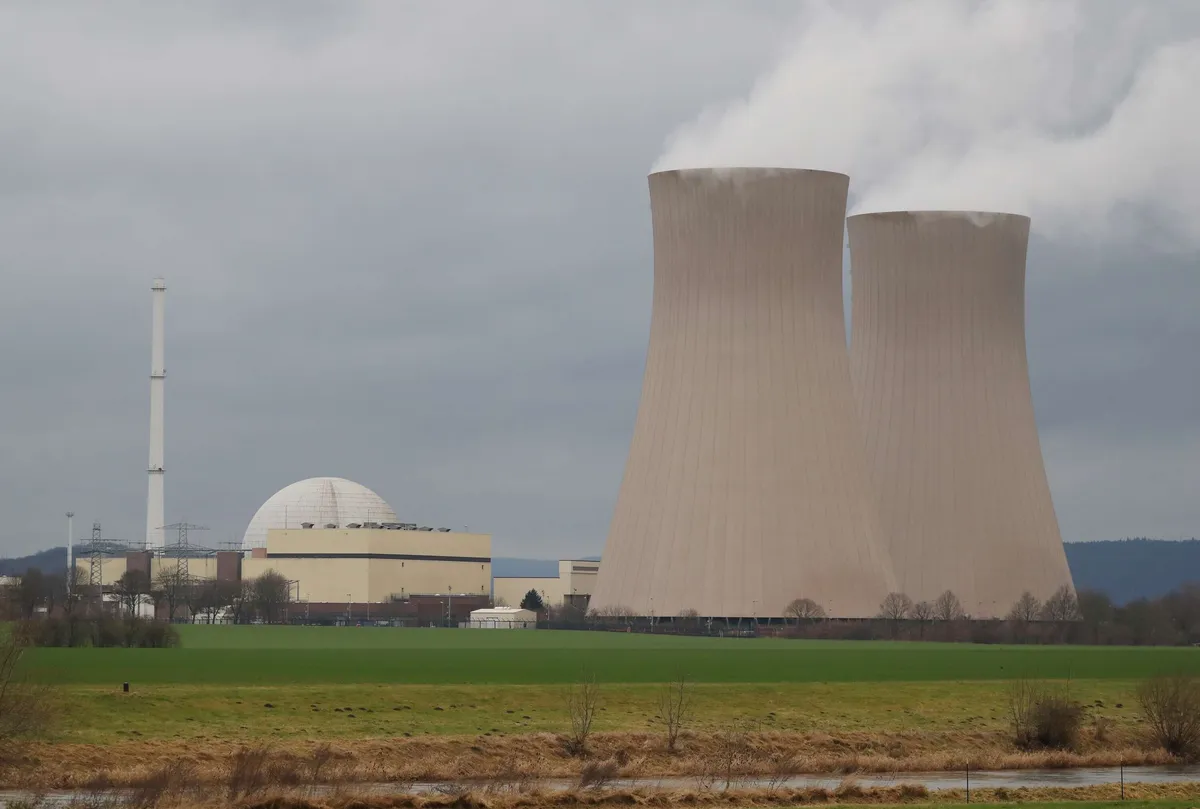In Germany, they are seriously thinking about putting nuclear power plants that have been dismantled or are currently being dismantled back into operation. During the country’s parliamentary elections, at least the ruling party, the CDU, is pushing the issue. The elections will be held in February 2025.
Experts and the energy companies themselves consider the idea to be mostly a game of thought, as reintroduction would be very expensive.
However, if the operation did not get caught up in the money, it would technically be possible to re-introduce it, albeit slowly.
In any case, Germany would be the first country in the world to stop the dismantling of nuclear power plants and start rebuilding nuclear power plants in the midst of demolition.
Germany decided in 2011 that it will give up nuclear power completely. The last three reactors will be decommissioned in 2023. Between 1961 and 2023, there were a total of 37 reactors in commercial use.
Six power plants could possibly be started
There is an interesting German speculation going on.
Demolition contracts could be canceled at the six nuclear power plants that were closed most recently. They were disconnected from the electricity grid in 2021 and 2023. That’s the opinion of experts interviewed by the engineering industry news channel VDI Nachrichten in Germany.
The problem is, though, that all these power plants are already being dismantled. If the demolition work were to be stopped, the demolition permit would have to be canceled and construction permitted again.
Also, contractually and logistically, canceling the dismantling would be complicated.
The fuel elements have already been removed from some reactors and the reactor’s primary cooling circuit has been cleaned. In some of the power plants, the generator and cooling towers have been dismantled.
The radioactive parts of the dismantled plants would cause a radiation hazard if the power plant were rebuilt. Expensive robots would be needed for construction work.
There are a lot of problems and the list is long. One would be where and how the rebuilders would get the necessary new parts that fit the old power plants built in the 1980s but already partially dismantled, which still differ from each other in the first place.
Nuclear power plants are currently being dismantled by the same workers who used the nuclear power plants when they were still operating.
If the demolition decision were reversed, they would have to suddenly stop the demolition and start building again. Many could spot a motivation problem in the midst of this madness.
Energy companies are now decommissioning their nuclear power plants EnBW, RWE and Preussenelektra.
They have recently repeated what they have been answering to questioners for years: they are no longer discussing the re-commissioning of their decommissioned and decommissioned nuclear power plants.
Germany will probably end up building completely new nuclear power plants if the politicians turn the country’s course back to nuclear power. However, electricity traders are already smoothly importing nuclear electricity from France, Switzerland and Belgium into Germany.
In the last 12 months, 13 TWh of electricity has been imported from France to Germany, before that less than 2 TWh per year. 80% of French imports are nuclear electricity.
A state-owned company exports nuclear electricity from France to the German electricity market Edf.
